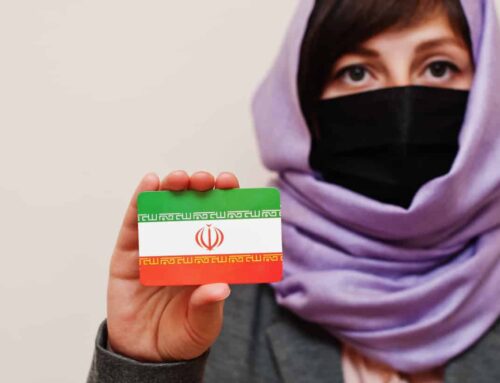In our western world we are suffering a crisis of genuine leadership because we are confusing good corporate management with good leadership.
The two are totally separate and quite different. In many ways “management” is amoral; it works out the best, most cost effective way for things to be done with little regard for any moral consequences. Leadership, on the other hand, considers a bigger picture. A picture beyond the balance sheet.
In a world of ever larger multinational corporations, good management is of course essential. Management practices have leapt ahead in recent decades, but in the rush to advance business models the moral dimension has been felt behind.
This, I think has led to a class of managers capable of managing enormous, complex corporations, yet incapable of considering how their business impacts on workers or the community. The final year dividend doesn’t care where it comes from.
Let’s take as an example what is going on in Europe today. The leadership-less approach of banks and governments has led inevitably to the moral vacuum now facing the Continent; the immorality of extreme unemployment, poor social services and rising poverty.
Excessive executive salaries are yet another example of the moral vacuum. In Wall Street the disgraceful conduct of many executives was even rewarded with government money being used to pay large bonuses.
The appalling moral conduct of many large international companies in the way they exploit the third world is yet another example of leadership-less business. Time and again we see examples of multi-national businesses dumping waste in poor countries, or underpaying third world labour.
At times it seems that the larger the corporation the less morals it exhibits. Individual accountability or morality, or the lack of it, gets lost in the sheer scale of the organisation. Practices can emerge in large corporations that would never be countenance by small business.
In Australia for example, we find the corporate giant Woolworths Limited now owning more poker machines than the top five Las Vegas casinos’s combined (13,300 machines). We all know poker machines create enormous social disruption and yet this company whose website boasts its social responsibilities entrenches its profiteering from problem gamblers.
We see the same thing happening in governments, which in many ways; have become a captive of this amoral management culture. “There’s no difference between governments and oppositions anymore” goes up the cry. “Where are the great leaders of old?” Today “leaders” are expected to be able to manage, fit in with, and acquiesce to the interests of the bottom-line over and above all else. The whole business management model pervades government, bureaucracy and welfare to the point that one finds there to be a technocrat class that floats easily between all three.
Genuinely good leadership is lonely. It is about stating and sticking with good values. It is about being able to say “No, we will not go in this direction because it is morally wrong. It might be extremely profitable and it might be a good way to solve a problem but it is morally wrong.”
Good leadership also chooses a direction, not simply because it is profitable but because it is the morally right thing to do. Good leadership is constantly confronting the corrosive effects of bad values bred from greed.
Good leadership is not about moral absolutes, nor is it judgmental, but it is humanitarian in its best sense. Good leadership employs good management to implement good values.




